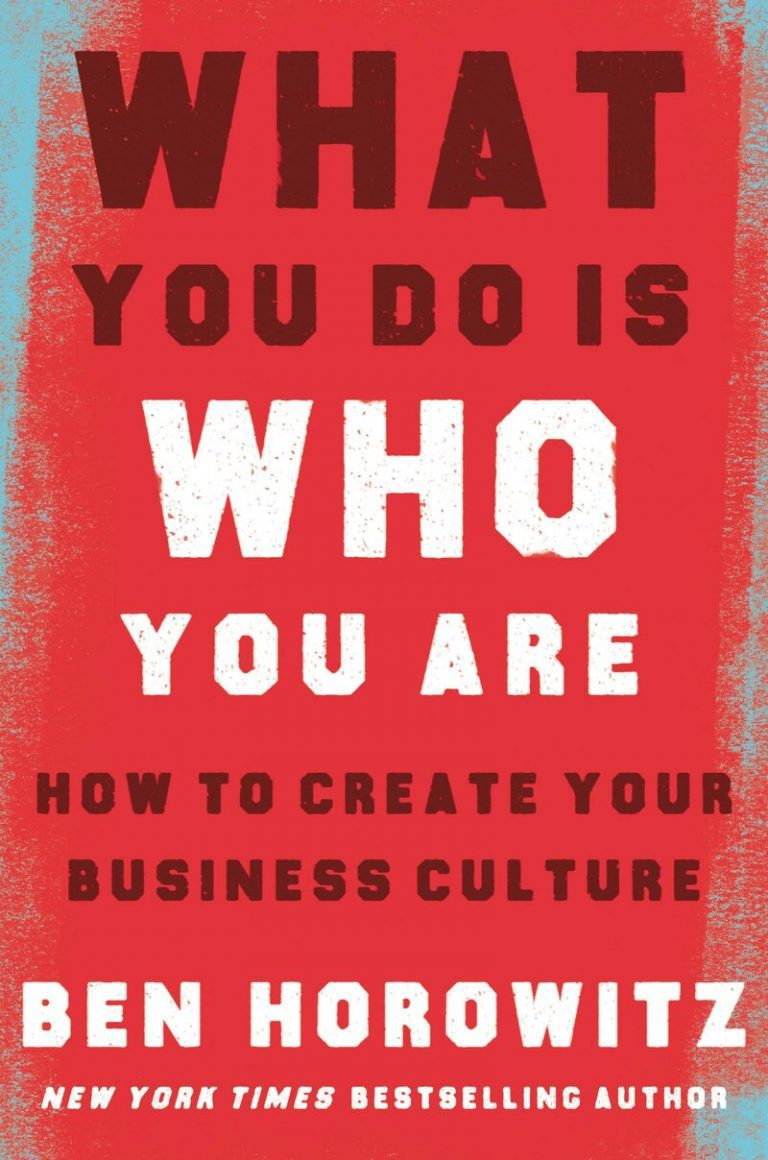“There is no getting over it, but only getting under it. Loss and grief change our landscape. The terrain is forever different and there is no normal to return to. There is only the inner task of making a new and accurate map”
Print | Kindle(eBook) | Audiobook
In It’s OK That You’re Not OK, Megan Devine offers a profound new approach to both the experience of grief and the way we try to help others who have endured tragedy. Having experienced grief from both sides―as both a therapist and as a woman who witnessed the accidental drowning of her beloved partner―Megan writes with deep insight about the unspoken truths of loss, love, and healing. She debunks the culturally prescribed goal of returning to a normal, “happy” life, replacing it with a far healthier middle path, one that invites us to build a life alongside grief rather than seeking to overcome it.
Grief is tough, draining, and lonely as most people think they understand what you are going through; I have been there a couple of times, from losing my closest cousin, losing my mum, to getting laid off. We handle grief differently, but most grievers have something in common: you get judged, people make assumptions, they say hurtful things unintentionally, some relationships dissolve while others get stronger. Our culture does not prepare a lot of us to handle grief and care for people in grief.
“Grief is already a lonely experience. It rearranges your address book: people you thought would stay beside you through anything have either disappeared or they’ve behaved so badly, you cut them out yourself. Even those who truly love you, who want more than anything to stay beside you, fall short of joining you here. It can feel like you lost the entire world right along with the person who died. Many grieving people feel like they’re on another planet, or wish they could go to one. Somewhere there are others like them. People who understand.”
The book provides a path to rethink our relationship with grief. It encourages readers to see their grief as a natural response to death and loss, rather than an aberrant condition needing transformation. By shifting the focus from grief as a problem to be solved to an experience to be tended, we give the reader what we most want for ourselves: understanding, compassion, validation, and away through the pain.
“Grief is not a problem to be solved; it’s an experience to be carried. The work here is to find—and receive—support and comfort that helps you live with your reality. Companionship, not correction, is the way forward.”
Acknowledgement
Acknowledgment is one of the few things that actually helps. What you’re living can’t be fixed. It can’t be made better. There are no solutions. That means that our course of action inside grief is simple: helping you gauge what’s “normal” and finding ways to support your devastated heart.
Here are my favourite takeaways from reading, It’s OK That You’re Not OK by Megan Devine:
